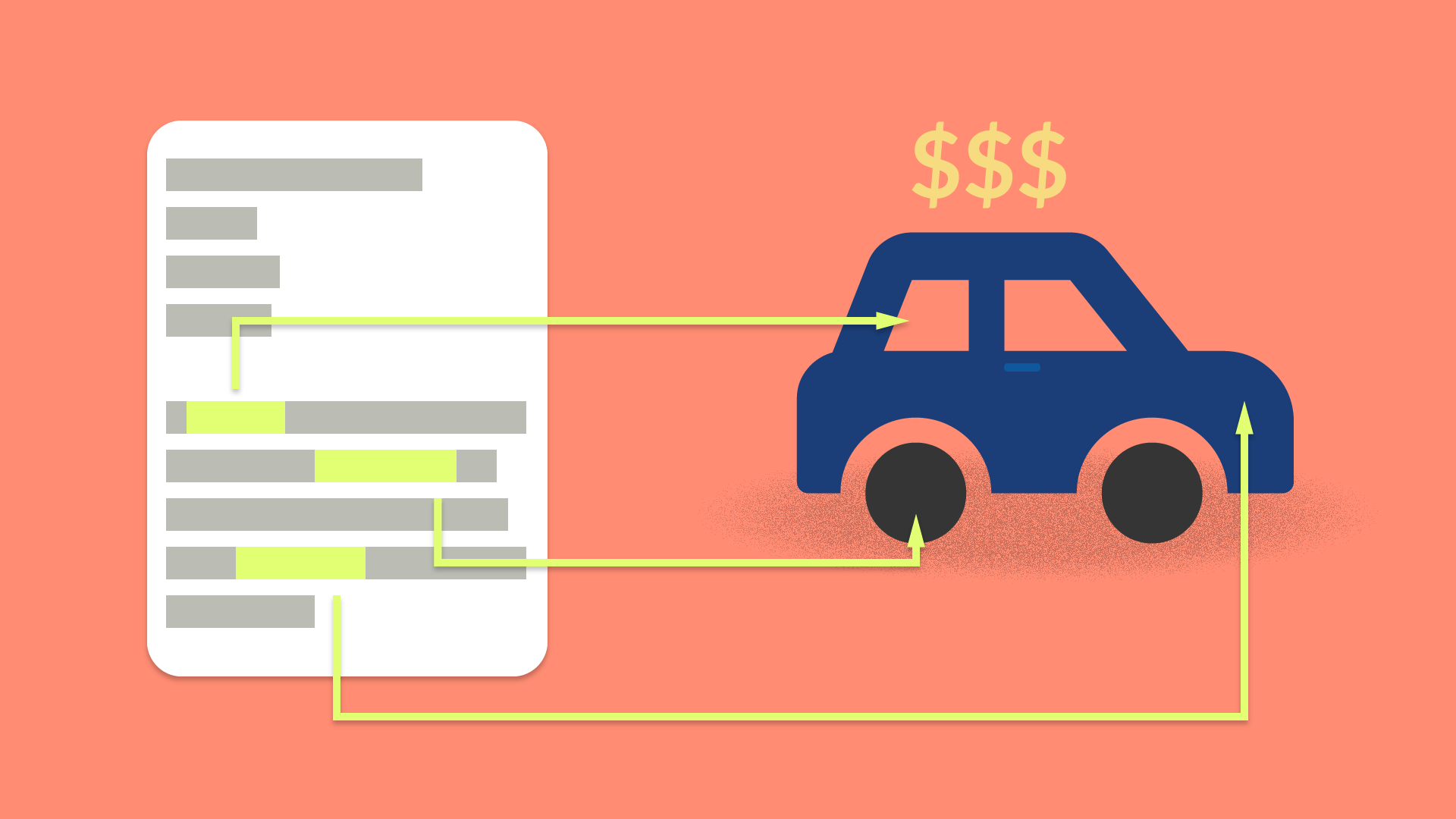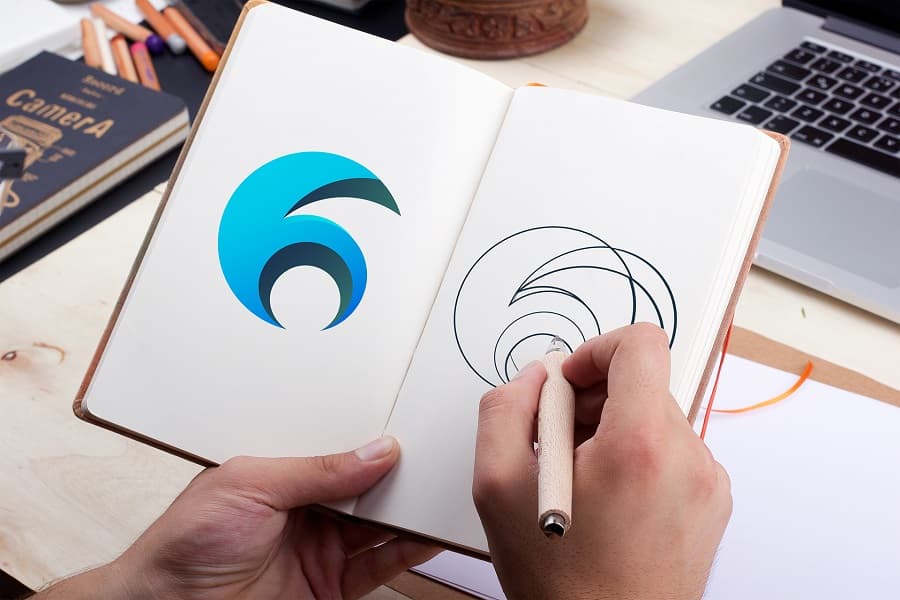Infrastructure development is a critical factor that influences various aspects of an economy, and the automotive sector in Dubai is no exception. The relationship between infrastructure development and car prices in Dubai is multifaceted, impacting both the supply and demand sides of the market. This article delves into how infrastructure advancements in Dubai affect car prices, providing a comprehensive analysis of the key elements involved.
Improved Road Networks and Accessibility
One of the most direct ways infrastructure development affects car prices in Dubai is through the improvement of road networks and accessibility. The construction of new roads, highways, and bridges reduces travel time and congestion, making car ownership more appealing. As a result, increased demand for vehicles can drive up prices. For instance, the expansion of Sheikh Zayed Road and the development of new routes like the Dubai-Al Ain Road enhance connectivity, encouraging more people to purchase cars for convenience.
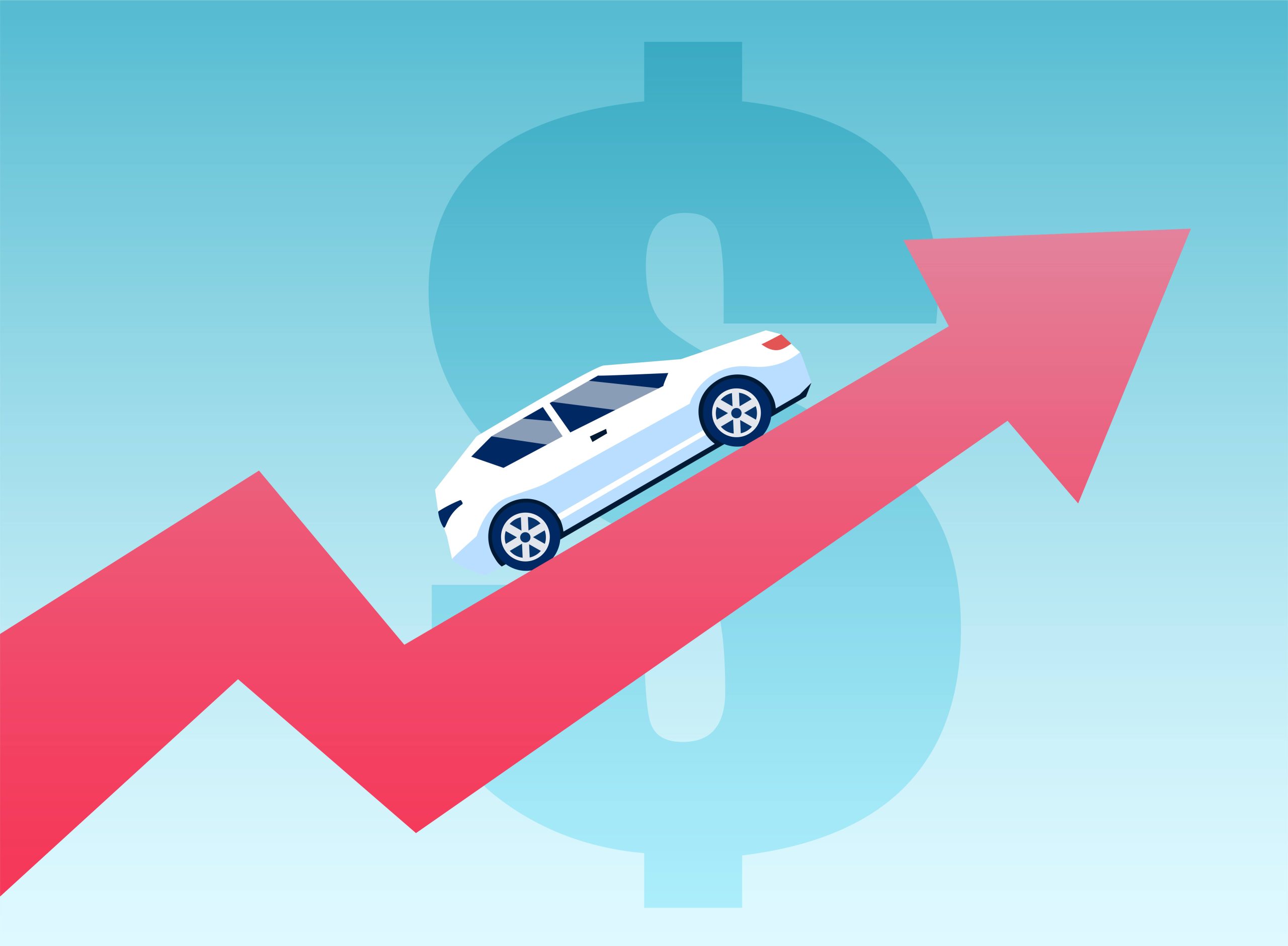
Urbanization and Population Growth
Dubai’s rapid urbanization and population growth are closely tied to its infrastructure development. The construction of new residential areas, commercial hubs, and business districts attracts more residents and expatriates. This influx leads to higher demand for personal transportation, subsequently influencing car prices. As more people move to newly developed areas, the need for cars increases, pushing up prices due to higher demand.
Public Transportation Systems
The development of public transportation systems, such as the Dubai Metro, tram, and bus networks, can have a nuanced effect on car prices. On one hand, efficient public transport can reduce the need for personal vehicles, potentially lowering demand and stabilizing car prices. On the other hand, for areas not well-served by public transport, the reliance on personal cars remains high, maintaining or increasing demand. The balance between public transportation availability and car ownership is a key determinant in car price trends.
Economic Zones and Business Hubs
The establishment of economic zones and business hubs, such as Dubai International Financial Centre (DIFC) and Dubai Silicon Oasis, attracts businesses and professionals to the city. These developments stimulate economic activity and increase disposable incomes, leading to higher spending power. With more financial resources, consumers are more likely to invest in new cars, driving up prices. The influx of expatriates working in these zones further contributes to the demand for vehicles.
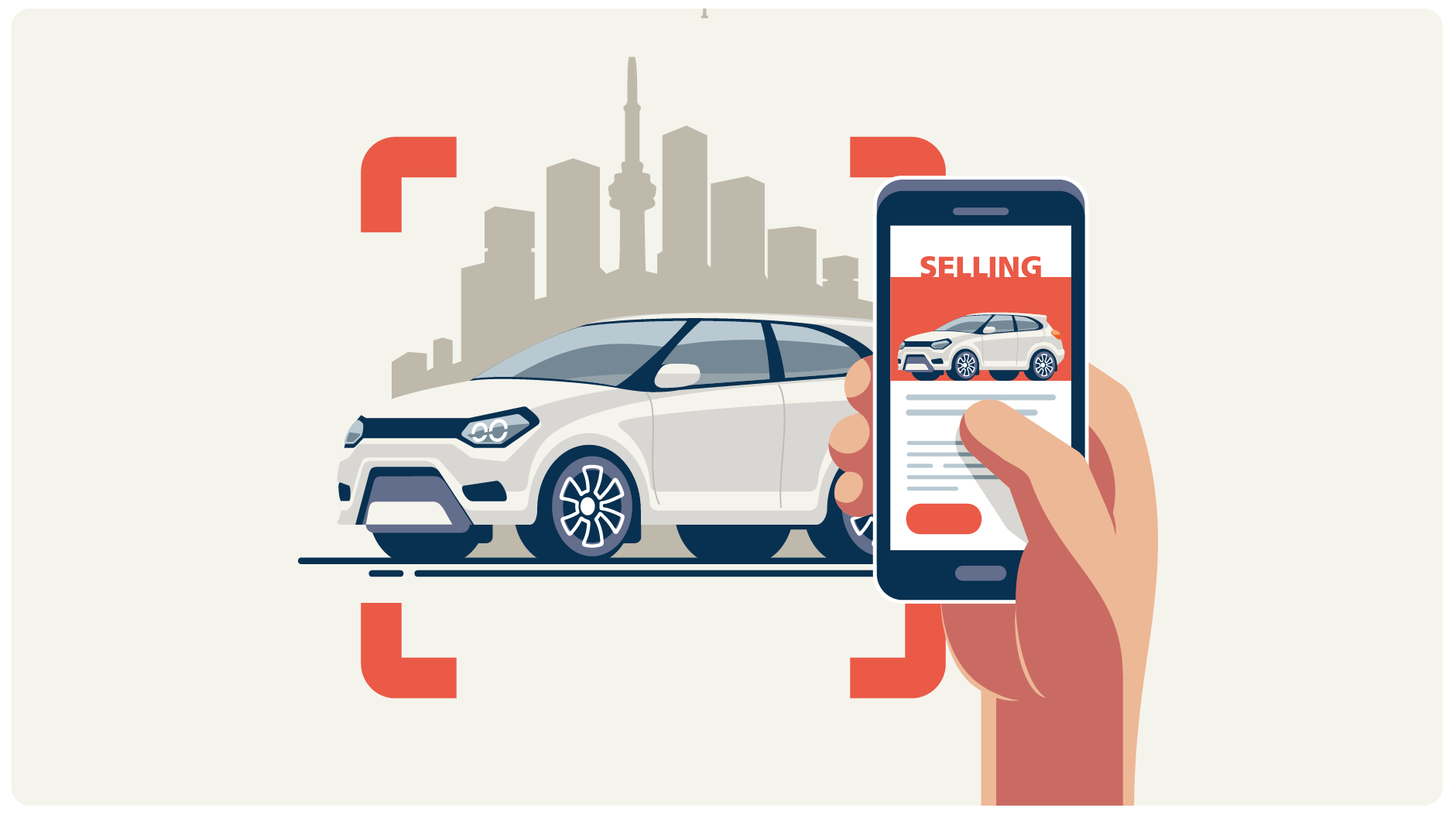
Tourism and Hospitality Sector
Dubai’s robust tourism and hospitality sector also plays a role in car prices. Infrastructure projects aimed at boosting tourism, such as new hotels, resorts, and tourist attractions, increase the demand for rental cars and taxis. The heightened demand for rental vehicles can lead to higher prices in the new and used car markets as rental companies expand their fleets. Additionally, tourists often purchase cars to use during extended stays, further influencing car prices.
Impact of Major Events and Expos
Major events and expos, such as Expo 2020, have a significant impact on infrastructure development and, consequently, car prices. Large-scale events necessitate extensive infrastructure upgrades, including roads, public transport, and facilities. These improvements enhance the city’s appeal and accessibility, attracting more residents and visitors. The increased activity and population growth during and after such events elevate car demand, contributing to higher prices.
Real Estate Development
The correlation between real estate development and car prices is evident in Dubai. The construction of new residential complexes, gated communities, and high-rise apartments drives up the demand for cars as residents seek personal transportation. The proximity of these developments to key business districts and commercial centers further boosts car ownership rates. Consequently, real estate development, fueled by infrastructure projects, indirectly raises car prices by increasing demand.
Technological Advancements and Smart City Initiatives
Dubai’s commitment to becoming a smart city involves integrating advanced technologies into its infrastructure. Initiatives such as smart traffic management systems, automated parking solutions, and electric vehicle (EV) charging stations enhance the driving experience and convenience. These advancements can lead to increased interest in technologically advanced vehicles, driving up their prices. The push towards electric and hybrid vehicles, supported by infrastructure developments, also influences the pricing landscape of the automotive market.
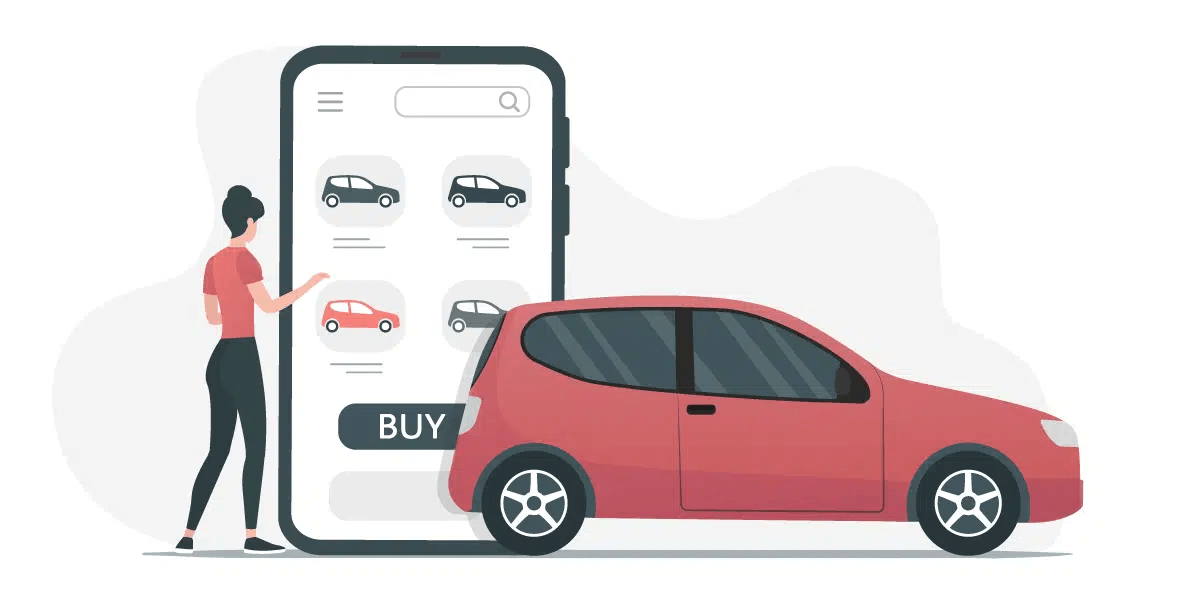
Supply Chain Efficiency
Infrastructure development plays a crucial role in enhancing supply chain efficiency, which directly impacts car prices. Improved logistics networks, including ports, warehouses, and distribution centers, facilitate the smooth import and distribution of vehicles. Efficient supply chains reduce transportation costs and delivery times, which can stabilize or even lower car prices. The development of Jebel Ali Port and Dubai Logistics City exemplifies how infrastructure improvements support the automotive supply chain.
Government Policies and Incentives
Government policies and incentives linked to infrastructure development significantly affect car prices. Policies promoting the use of electric vehicles, for example, often come with incentives such as reduced registration fees, free charging stations, and dedicated parking spaces. These incentives make EVs more attractive to consumers, potentially increasing their prices due to higher demand. Additionally, government investments in infrastructure projects can stimulate economic growth, increasing consumer purchasing power and influencing car prices.
Conclusion
Infrastructure development in Dubai has a profound impact on car prices, driven by various interconnected factors. Improved road networks, urbanization, public transportation systems, economic zones, tourism, major events, real estate development, technological advancements, supply chain efficiency, and government policies all play critical roles in shaping the automotive market. As Dubai continues to expand and modernize its infrastructure, understanding these dynamics is essential for consumers and industry stakeholders to navigate the evolving car prices in UAE.

Surfer, coffee addict, drummer, Mad Men fan and product designer. Performing at the nexus of art and intellectual purity to craft experiences that go beyond design. My opinions belong to nobody but myself.
